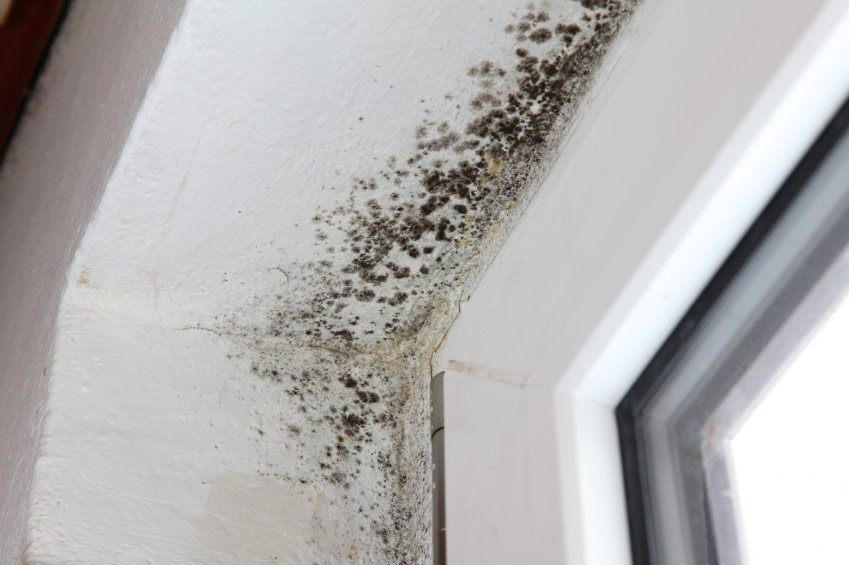Flood, no matter how small it is, should be considered as a natural phenomenon. While, small flood is less likely to have harmful effect on people, they can ruin our home and everything in it. This is especially true if also have a basement and valuable items in it. If flood regularly occurs, we should make sure to get a flood insurance policy. This should help us to restore things after the flood subsides. When flood warning is transmitted, we should be ready to turn off the main breaker. In this case, we should make sure that the utility meter and main breaker are positioned as high as possible. If water reaches them, there will be a higher risk of fatal electrical shock and fire. It is also a good idea to check with our city engineers and local building officials to know whether our electrical installations could properly withstand flooding.
It is obvious that flood causes dampness long after it subsides, especially in areas where there’s no direct sunlight. Higher degree of humidity will encourage the growth of mildew and mold that are potentially toxic. The most common health effects are allergic reactions, such as chronic fatigue, rashes, open sores, chronic asthma, nausea, dizziness, disorientation and headaches. When mold has appeared in one area of our house, it would be immediately found everywhere. Like any microscopic organisms, mold also digests organic matter and reproduces quickly, in this case by spreading spores inside our house.
As a result, mold plays a role in the decomposition of our wood furniture, painting and wallpaper. Because mold needs moisture to thrive, we could control its spread by controlling the level of moisture inside our house.
There are many reasons for water damage inside our house and flood is only one of them. Old, leaking pipes could also dripping water to specific spots in our areas. Also, nutrient-rich (for microorganisms) waste water from the kitchen sink could leak and make mold particularly faster. We should also provide extra attention to our roof and this is quite essential. Leaking roof may cause more damage due to rain and this could be more troublesome than leaking faucet.
Unfortunately, leaking roof can stay undetected for a long time, especially if the water collects on hidden parts of our attics. Because attic is usually constructed from wood, mold could start to grow nearly overnight. To avoid mold infestation we should do the following things:
- Regularly check our piping system if there’s hidden leaks. This could happen more likely on houses with multiple sinks and bathrooms.
- Check the water meter after turning all appliances and faucets off.
- Just to make sure, we should leave the appliances and faucets off overnight and we should be able to compare the reading on the night before and at the following morning. If the water meter reading changes even just a bit, we could probably have a leak in our house.

